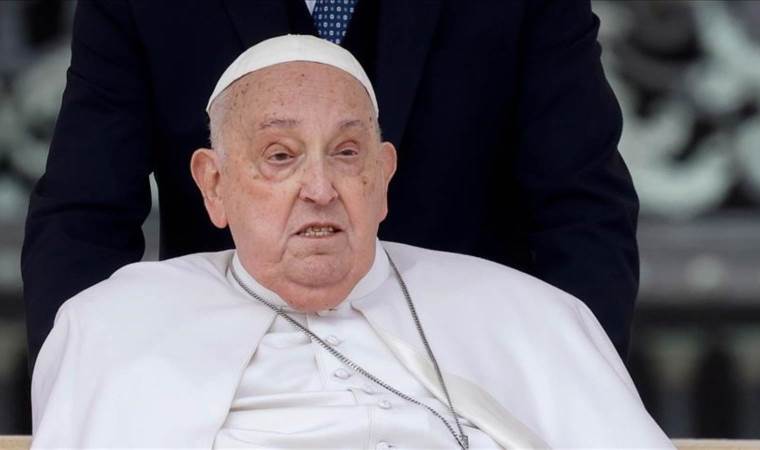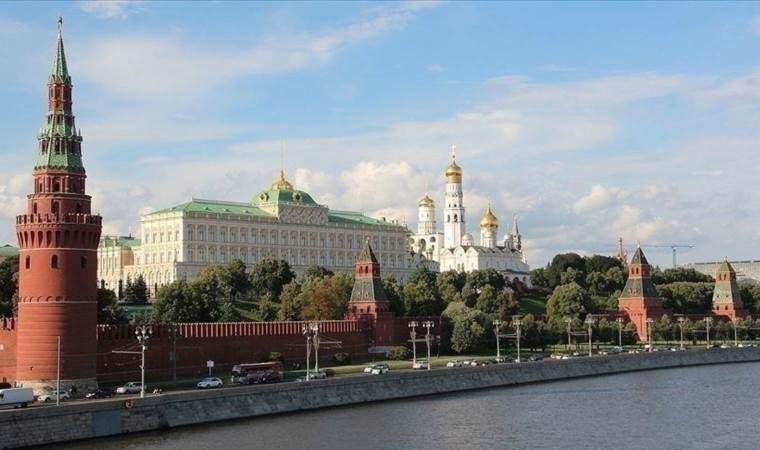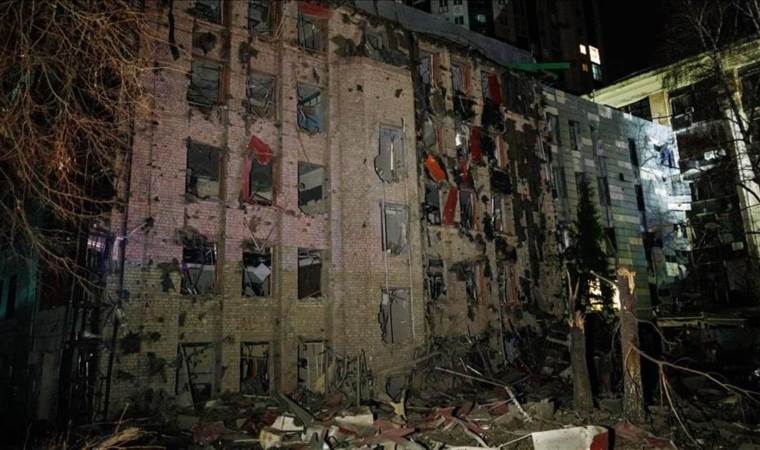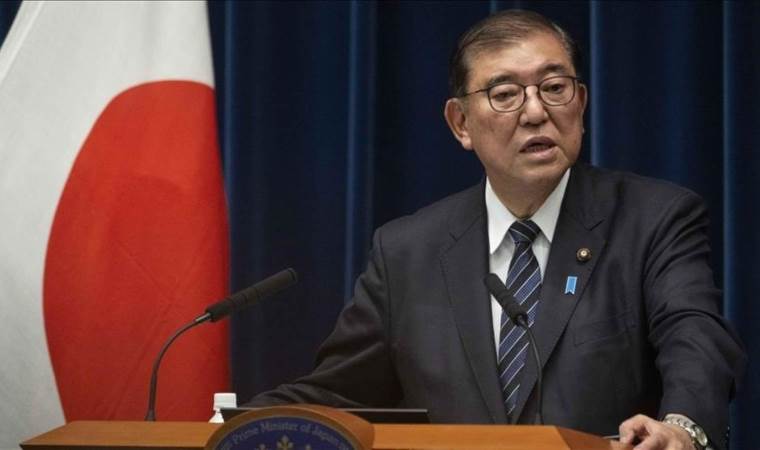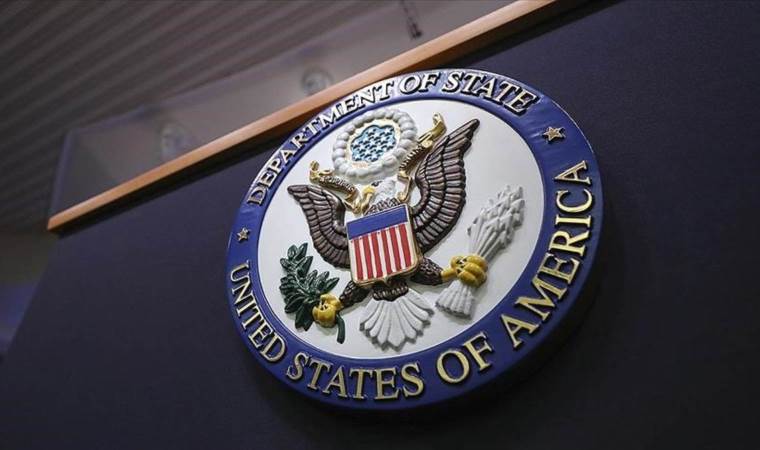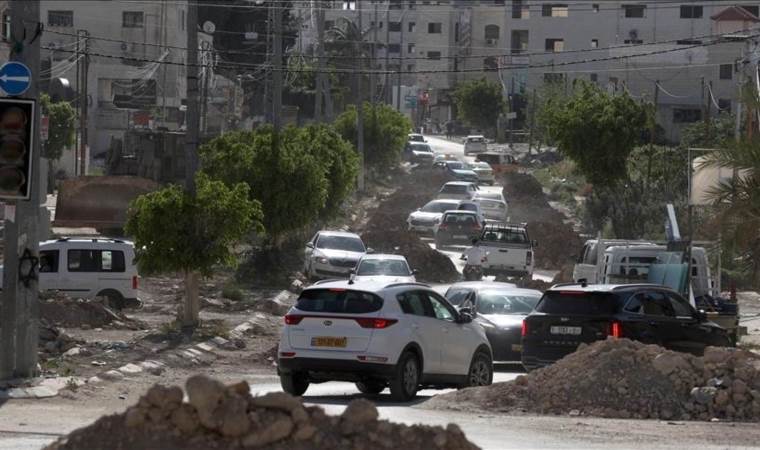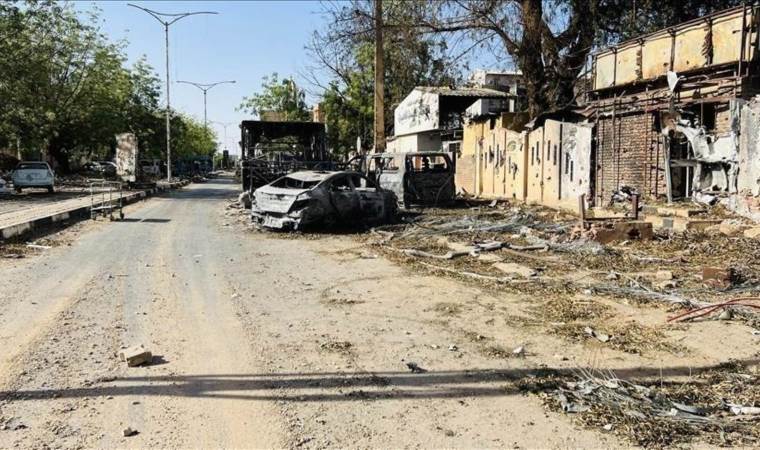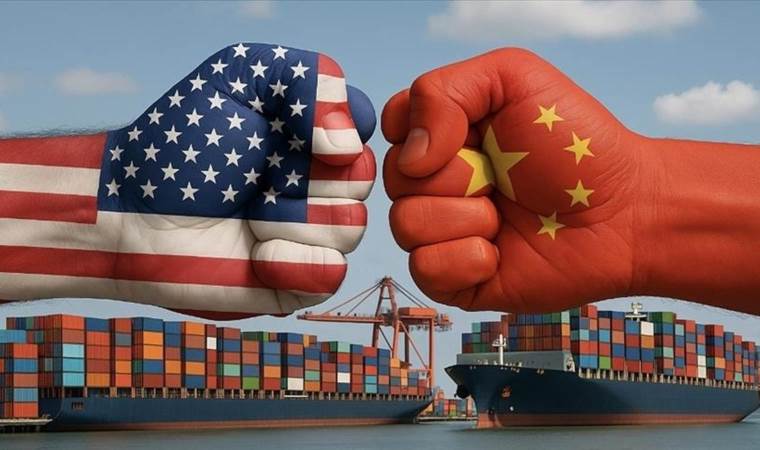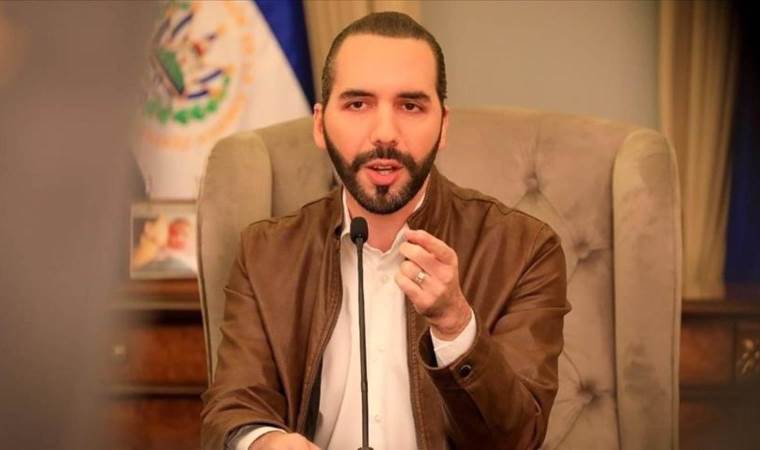India proposes virtual G-20 session in November, hands over presidency to Brazil
Gathering of world's wealthiest nations in New Delhi comes to a close
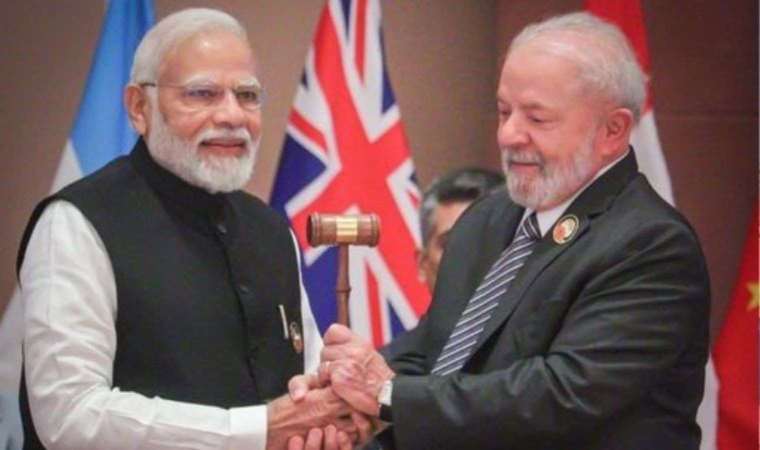
India on Sunday handed over the G-20 presidency to Brazil and proposed a virtual meeting of the world's biggest economies later this year.
On the final day of the summit in New Delhi, Indian Prime Minister Narendra Modi congratulated Brazil’s President Luiz Inacio Lula da Silva and handed him the ceremonial gavel of the presidency.
India, taking over from Indonesia, has presided over the G-20 since Dec. 1, and will continue to hold the position until Nov. 30. Brazil will take over the presidency on Dec. 1.
"It is my proposal that we hold another session of the G-20 virtually in November-end ... we can review the issues that have been agreed upon during this summit," Modi said. "Our teams will share the details."
Lula, for his part, said "social inclusion, fight against hunger, energy transition and sustainable development” would be Brazil’s priorities at G-20.
He said the UN Security Council “needs new developing countries as permanent, non-permanent members to regain political strength.”
“We want greater representation for emerging countries at the World Bank and the IMF," he added.
During the two-day summit, the bloc adopted a consensus declaration that called on states to refrain from seizing territory through the use of force, admitted African Union as a G-20 member and made commitments on several issues, including food and energy security, climate change and global debt vulnerabilities.
The consensus was a breakthrough as the Group of 20 is divided over the war in Ukraine, with the West said to be pushing for condemnation in the declaration.
Russian President Vladimir Putin and his Chinese counterpart Xi Jinping did not attend the summit.
India's G-20 Sherpa, or negotiator, Amitabh Kant described consensus as the most "complex part." He said there were 200 hours of non-stop negotiations, 300 bilateral meetings and 15 drafts that went into achieving consensus on the Ukraine conflict.
Turkish President Recep Tayyip Erdogan said it was due to Ankara's efforts that the bloc condemned attacks on holy books.
"We strongly deplore all acts of religious hatred against persons, as well as those of a symbolic nature without prejudice to domestic legal frameworks, including against religious symbols and holy books," the G20 New Delhi Leaders’ Declaration had said.
The ambitious India-Middle East-Europe Economic Corridor was also launched, which will see investments in ships and rail, connecting South Asia across two continents.
Strict traffic regulations were implemented in the Indian capital during the meeting.
Most Read News
-
 Pope Francis dies at 88 after prolonged illness: Vatican
Pope Francis dies at 88 after prolonged illness: Vatican
-
 Kremlin ‘satisfied’ with US position ruling out NATO mem
Kremlin ‘satisfied’ with US position ruling out NATO mem
-
 Russia, Ukraine report airstrikes as Putin’s Easter ceas
Russia, Ukraine report airstrikes as Putin’s Easter ceas
-
 Trump ‘values’ talks with Japan, says Premier Ishiba ami
Trump ‘values’ talks with Japan, says Premier Ishiba ami
-
 US scales back development, diplomatic presence in Afric
US scales back development, diplomatic presence in Afric
-
 Israel bans Palestinian minister from occupied West Bank
Israel bans Palestinian minister from occupied West Bank
-
 At least 33 civilians killed in RSF shelling of Sudan’s
At least 33 civilians killed in RSF shelling of Sudan’s
-
 Gold price exceeds $3,400 to reach new record high amid
Gold price exceeds $3,400 to reach new record high amid
-
 China sanctions US lawmakers, officials, NGO heads
China sanctions US lawmakers, officials, NGO heads
-
 El Salvador’s president calls on Maduro to release Venez
El Salvador’s president calls on Maduro to release Venez
